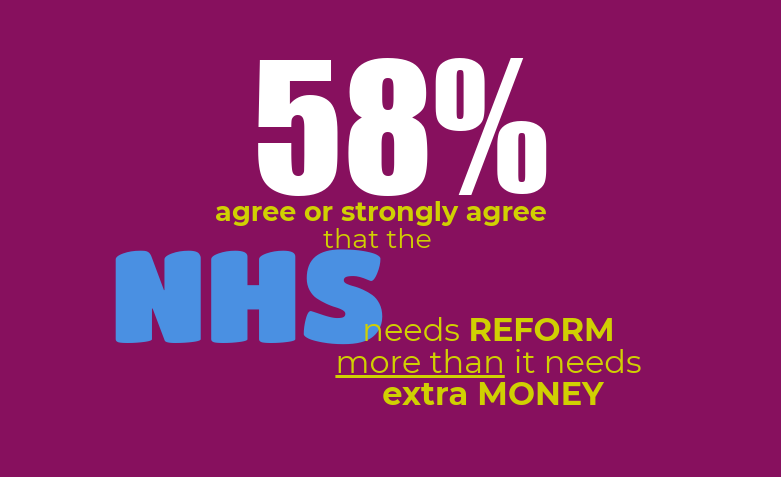
How complicit has NHS Leadership been in Johnson’s pandemic calamities? And have lessons been learned?
There is a long list of failures:
▪️Ageist policies
▪️Blanket Do Not Resuscitate orders
▪️Inadequate PPE
▪️Ethnic disparities on the frontline
#TeamNHS
#TeamGP
There is a long list of failures:
▪️Ageist policies
▪️Blanket Do Not Resuscitate orders
▪️Inadequate PPE
▪️Ethnic disparities on the frontline
#TeamNHS
#TeamGP
▪️No Triage
▪️No clinical follow-up
▪️The ‘Stay Home’ messaging
▪️Ineffectual Contact and Trace
▪️Circumventing primary care
▪️Rationing of access to healthcare via ‘111’.
▪️Oxygen rationing
▪️Shrinking the NHS during a pandemic
▪️No clinical follow-up
▪️The ‘Stay Home’ messaging
▪️Ineffectual Contact and Trace
▪️Circumventing primary care
▪️Rationing of access to healthcare via ‘111’.
▪️Oxygen rationing
▪️Shrinking the NHS during a pandemic
And these failures, while still remediable, continue to place HCWs in unsafe and traumatic working conditions, and are still leading to unsafe care provision for the British public.
Perhaps the first step is to accept how far off track we have fallen. How ill-informed government policy dictated clinical standards and healthcare priorities. It’s still happening…Sajid dictating clinical priorities to GPs and Johnson ignoring infection control policies.
Why have national leaders not stood up more against such clearly harmful policies? Where is the outrage, the whistleblowers, the resignations? Or is there too much fear of a tyrannical government beset on deconstructing the mechanisms of accountability?
Whatever the reason, the claim that ‘no-one was denied care’ seems utterly ludicrous now. All it showed is how disconnected leadership is from what is actually happening on the frontline and to the people they serve. But just as Hancock has, Sajid and Johnson will move on…
..as too is the populist sentiment. And what will be left, except a huge moral debt. The public and NHS staff will be asking the question: who is due? Who abandoned us when we needed actual LEADERSHIP the most?
Time is running out. The health service must uphold its own standards. For it will be those standards on which we are judged, not how well we followed past political leaders. Ministers are accountable to the voters, but we must answer to a less fickle and more robust framework.
The NHS is currently under the worst pressures in its history. For months we have worked way beyond safe occupancy levels and now beyond dangerous levels. Failing to strengthen the NHS frontline during a pandemic will be indefensible, albeit the responsibility for such failure...
will sit across many shoulders. Asking a weakened healthcare staff to fight a pandemic currently killing three times that of pneumonia with LESS bed capacity will, under any examination, look utterly and wilfully negligent.
There is still time to take the fight to COVID-19.
END
There is still time to take the fight to COVID-19.
END
• • •
Missing some Tweet in this thread? You can try to
force a refresh






